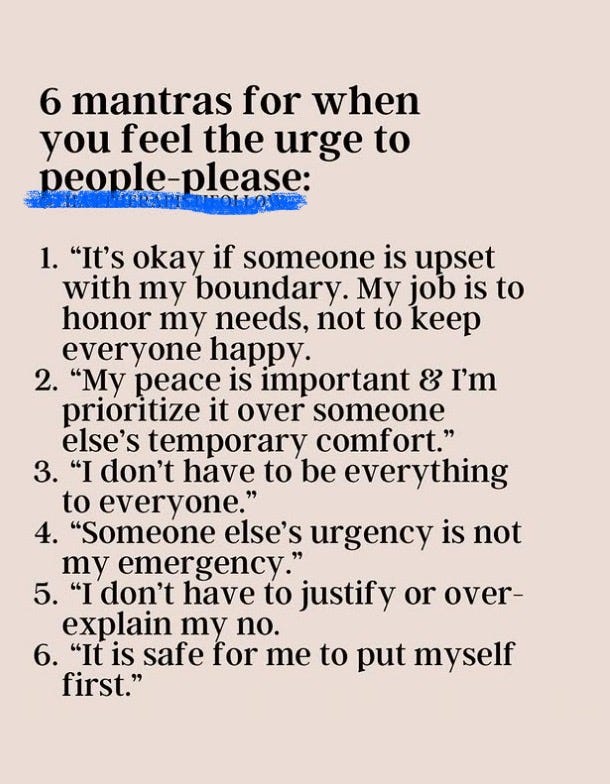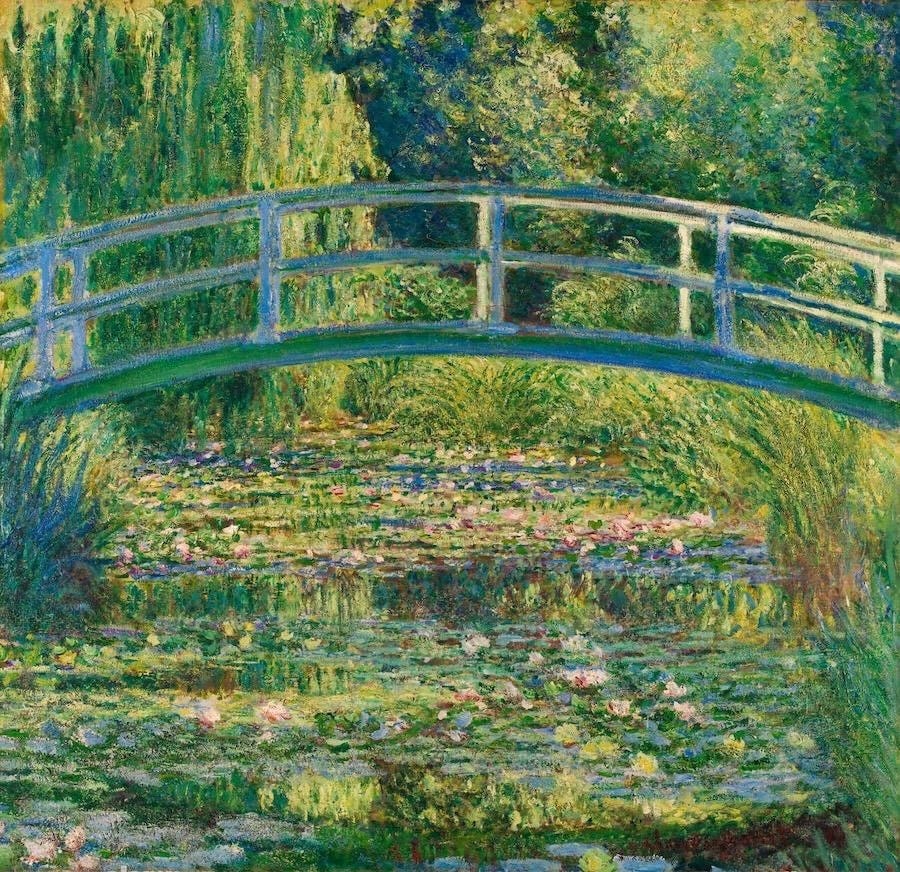What If Boundaries Were Bridges?
Or therapist goes off about how you can set better boundaries
The way we talk about setting boundaries these days can feel empowering. To prioritise yourself after a lifetime of looking out for others can be a profoundly significant milestone for many of us.
We tend to superimpose abstract concepts like boundaries and self-care onto our lives because they sound equal parts comforting and scientific. When we do, we may mistakenly assume that to care for oneself is to never be inconvenienced by another.
And if we continue down the road of my peace, my comfort, my happiness, we arrive at a pretty bleak and isolating way of life. If every person only stands for their own comfort, would we ever have a semblance of community or care? And is that the kind of world we aspire to build together?

We conceptualise boundaries as walls, keeping us safe from the world - rugged, harsh and impenetrable. But I like to reimagine some boundaries as bridges instead - a language of connection, a manner of choosing both people in the relationship instead of just one.
Boundaries keep you connected. The complete absence of them affects your own peace, but it also has profound implications for your relationships. Perhaps you feel surrounded by people who won’t give as much as you do - a recipe to stew up passive aggressiveness and resentment in your relationships. Or perhaps you allow people to do or say things you find hurtful, until their misdemeanors pile up and you eventually explode, or implode and silently sever the relationship.
If you’ve never set boundaries, you’re likely swimming in guilt or a deep fear of abandonment. Without stable ground to plant your feet on, it can be quite hard to build a bridge to another person, to connect in ways that feel safe for both you and them.

When you view boundaries as a bridge, it can help you set them in ways that work for you and your relationships -
If you’re not feeling well enough to meet a friend, your boundary can be to cancel, but to also take the effort to reschedule with them later. You’re taking care of yourself and your relationship too.
If you’ve been helping a relative out constantly and they never reciprocate, scaling back is taking care of yourself, but also ensuring you don’t feel resentful, and eventually hurt the relationship.
If you can’t contribute to a mutual aid effort, you can contribute a smaller amount or forward the message to people who can. You’re taking care of your finances but also helping the community around you.
And, of course, there are relationships and circumstances where your safety is breached, where building taller and firmer boundaries is important. Rather than a static prescription of how your boundaries should look, I want to offer you fluidity. To invite you to shape into being boundaries that morph and shift, holding you in both connection and safety.
The Overthinker is read in over 70 different countries! And boundaries are a fairly western concept, so in next week's newsletter, I’ll be writing about how cultural context matters quite a bit when it comes to boundaries - particularly with our families. Subscribe below to read from the comfort of your inbox.





Boundaries keep you connected - I have been thinking about it in these terms more and more, too. To me, it’s co-creation that includes both the individual(s)/ self and the relationship.
I’m having a hard time though applying the metaphor of a container or a bridge for relationships that are unsafe, etc. Even in your last paragraph you talk about taller boundaries- that sounds more like a wall to me, and less like a bridge. Or are there more obstacles on the bridge?
I’m curious how you think about this; protection and connection. Can one even be truly connected if concerns about protection are in the mix?